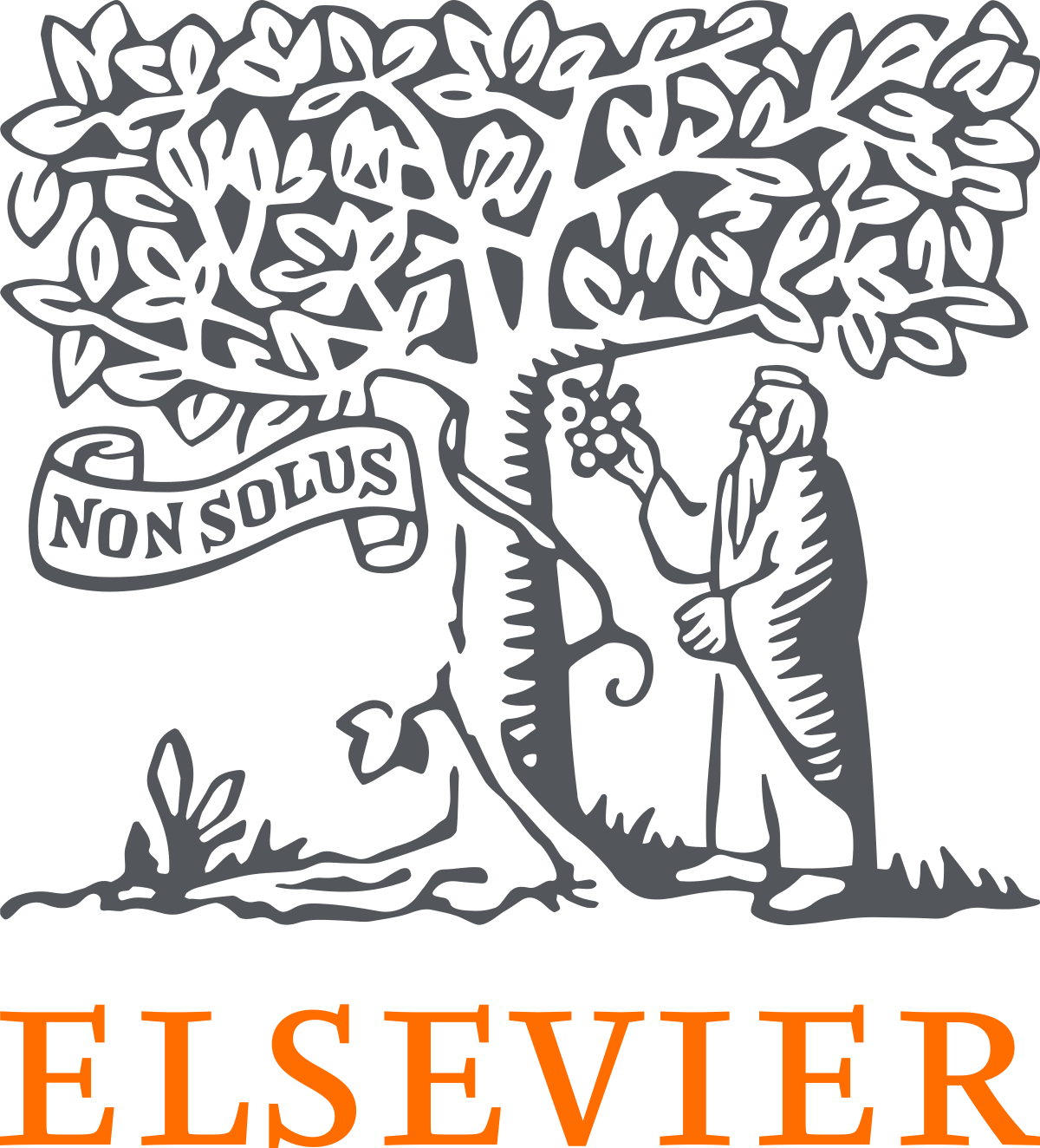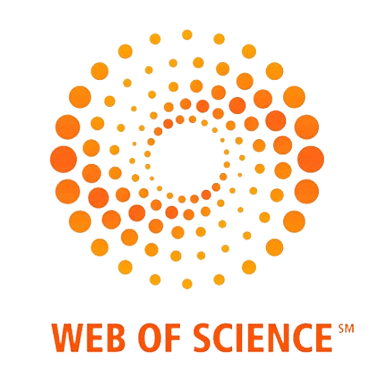International Conference on Emerging Trends in Mathematics and Statistics (IC-ETMS)

Articles
Forecasting Residential Carbon Emissions at the Neighborhood Level: A Computer Vision and Machine Learning Approach Leveraging Street View Imagery.
Wanqi Shi,Yeyu Xiang,Yuxuan Ying,Yuqin Jiao,Rui Zhao andWaishan Qiu
Year: 2021| Conference Paper | Publisher: Scitech Conference Xplorer
Abstract:
Streamlining Image Retrieval Through Hierarchical K-Means Clustering
Dayoung Park andYoungbae Hwang
Year: 2021| Conference Paper | Publisher: Scitech Conference Xplorer
Abstract:
An Extensive Evaluation and Contrast of Commercial and Open-Source IoT Platforms for Smart City Applications
Nikolaos Monios,Nikolaos Peladarinos,Vasileios Cheimaras,Panagiotis Papageorgas andDimitrios D. Piromalis
Year: 2021| Conference Paper | Publisher: Scitech Conference Xplorer
Abstract:
The Impact of AI Development on Urban Energy Efficiency: A Smart City Policy Perspective Exploring AI Advancements and Strategies for Enhancing Energy Efficiency in Urban Environments
Xiangyi Li,Qing Wang andYing Tang
Year: 2021| Conference Paper | Publisher: Scitech Conference Xplorer
Abstract:
Empowering First Responders in Smart Cities: A Next-Generation Computing and Communication Hub
Olha Shaposhnyk,Kenneth Lai,Gregor Wolbring,Vlad Shmerko andSvetlana Yanushkevich
Year: 2021| Conference Paper | Publisher: Scitech Conference Xplorer
Abstract:
Practical Strategies for Smart and Circular Cities: Leveraging Chatbots for Waste Recycling
Răzvan Daniel Zota,Ionuț Alexandru Cîmpeanu,Denis Alexandru Dragomir andMihai Adrian Lungu
Year: 2021| Conference Paper | Publisher: Scitech Conference Xplorer
Abstract:
Smart City Scenario Editor: Empowering Urban Planning with Advanced What-If Analysis, Simulation, and Prediction Models
Lorenzo Adreani, Pierfrancesco Bellini, Stefano Bilotta, Daniele Bologna, Enrico Collini, Marco Fanfani and Paolo Nesi
Year: 2021| Conference Paper | Publisher: Scitech Conference Xplorer
Abstract:
The Role of Civionics in Civil Structural Health Monitoring: Leveraging Advanced Sensing for Enhanced Safety and Infrastructure Maintenance
Aftab A. Mufti andDouglas J. Thomson
Year: 2021| Conference Paper | Publisher: Scitech Conference Xplorer
Abstract:
Advancements in Fiber-Reinforced Polymers (FRPs) for Civil Infrastructure: A Comprehensive Review of Research and Practical Applications
Jorge Albuja-Sánchez,Andreina Damián-Chalán andDaniela Escobar
Year: 2021| Conference Paper | Publisher: Scitech Conference Xplorer
Abstract:
Augmented Reality Visualization for Real-Time Structural Modal Identification: Enhancing Structural Analysis and Monitoring
Elliott Carter,Micheal Sakr andAyan Sadhu
Year: 2021| Conference Paper | Publisher: Scitech Conference Xplorer
Abstract:
International Conference on Sustainable Energy and Materials Engineering (ICSEME)
International Conference on Biomedical Robotics and Computational Imaging (ICBRCI)
International Conference on Smart Cities and Civil Infrastructure (ICSCCI)
International Conference on Aerospace Technologies and Data Science (ICATDS)
International Conference on Renewable Resources and Chemical Engineering (ICRRCE)
International Conference on Cyber-Physical Systems and Electrical Engineering (ICCPSE)
International Conference on Robotics in Manufacturing and Environmental Engineering (ICRMEE)
International Conference on Advanced Materials and Mechanical Engineering (ICAMME)
International Conference on Nanotechnology for Electrical Systems (ICNES)
International Conference on Geotechnical Innovations and Computer-Aided Design (ICGICAD)
International Conference on Water Resources and Environmental Engineering (ICWREE)
International Conference on Intelligent Transportation Systems and Structural Engineering (ICITSE)
International Conference on Sustainable Energy and Materials Engineering (ICSEME)
International Conference on Biomedical Robotics and Computational Imaging (ICBRCI)
International Conference on Smart Cities and Civil Infrastructure (ICSCCI)
International Conference on Aerospace Technologies and Data Science (ICATDS)
International Conference on Renewable Resources and Chemical Engineering (ICRRCE)
International Conference on Cyber-Physical Systems and Electrical Engineering (ICCPSE)
International Conference on Robotics in Manufacturing and Environmental Engineering (ICRMEE)
International Conference on Advanced Materials and Mechanical Engineering (ICAMME)
International Conference on Nanotechnology for Electrical Systems (ICNES)
International Conference on Geotechnical Innovations and Computer-Aided Design (ICGICAD)
International Conference on Water Resources and Environmental Engineering (ICWREE)
International Conference on Intelligent Transportation Systems and Structural Engineering (ICITSE)
International Conference on Sustainable Energy and Materials Engineering (ICSEME)
International Conference on Biomedical Robotics and Computational Imaging (ICBRCI)
International Conference on Smart Cities and Civil Infrastructure (ICSCCI)
International Conference on Aerospace Technologies and Data Science (ICATDS)
International Conference on Renewable Resources and Chemical Engineering (ICRRCE)
International Conference on Cyber-Physical Systems and Electrical Engineering (ICCPSE)
International Conference on Robotics in Manufacturing and Environmental Engineering (ICRMEE)
International Conference on Advanced Materials and Mechanical Engineering (ICAMME)
International Conference on Nanotechnology for Electrical Systems (ICNES)
International Conference on Geotechnical Innovations and Computer-Aided Design (ICGICAD)
International Conference on Water Resources and Environmental Engineering (ICWREE)
International Conference on Intelligent Transportation Systems and Structural Engineering (ICITSE)

+91 9888374777
icmsetm@scitechconference.org







